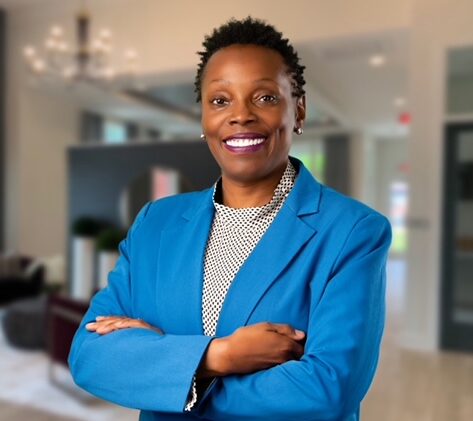This article originally appeared in Prince Wiliam Living on June 19, 2024.
By Dr. Stacey Brown, Director of Learning and Development

As an African American woman, parent and educator, Juneteenth is important to me because it uncovers and reveals a vital piece of American history that has been silenced, overlooked and in many cases ignored on a local, regional and national level, depending on where you reside in the United States.
Due to my own (and many others’) ignorance, I have celebrated Juneteenth for less than ten years, coinciding with when I first learned about it.
If you are not familiar with its significance – despite being declared a federal holiday by President Biden in 2021 – Juneteenth commemorates when the last slaves in the United States finally knew they were free. The holiday was first celebrated in Texas, where on that date in 1865, in the aftermath of the Civil War, enslaved people were declared free under the terms of the 1862 Emancipation Proclamation. Upon learning about this observance a decade ago, I felt sad – first, that so many of my ancestors did not know about their freedom until two and a half years after they were free, and second, that I myself didn’t know what Juneteenth was until well into my adulthood.
As the new Director of Learning and Development at Equal Opportunity Schools – which partners with Prince William County Schools to ensure that students of all backgrounds have equitable access to advanced academic opportunities – I take helping students learn their history seriously.
A study we ran last week, linking student feelings of “belonging” to their success inside and outside the classroom helps illustrate why: the report talks about how crucial student belonging is for academic success, especially among groups who are historically underrepresented in advanced coursework like AP and IB. Conducted by our senior research team at EOS, the report highlights five key indicators called the ‘Cues and Conditions of Belonging’, which shape how well students do academically. Our insights come from data gathered from over 200,000 students and deep conversations in focus groups across diverse high schools like the ones in PWC. The findings stress the need for creating supportive and inclusive learning environments where students feel safe and valued – needs reflected, for instance, in the increased feeling of belonging students experience when their education materials reflect the journeys, struggles and heritage of their ancestors, as well as their lived experiences today.
As EOS’ lead of professional learning and training for A.P. U.S. History and A.P. Government and Politics teachers in Prince William County Public Schools and Charlotte-Mecklenburg Schools, through work funded by the U.S Department of Education’s A4EHG grant, it is my hope to help make learning our history and helping our children grow from it a part of this generation’s legacy. Through the program, educators who sign up will be trained to cultivate cues and conditions of belonging in their classrooms in order to create spaces in which students from all backgrounds can succeed. In addition, teachers will be trained in ways they can “instill mindsets of excellence and high expectations” in students while also making them feel welcome and supported in their classes – the kind of welcome and support any of us feel when we know that we, and where we’ve come from, are truly seen and celebrated.
Nowadays when I think of Juneteenth I think of the mighty Sankofa bird. Sankofa is an Akan word from Ghana that means “go back and fetch it.” It is a symbol of a bird with its head turned backward, carrying an egg in its mouth, representing the idea of looking back at our past to learn from it and move forward. And that is our collective mission, for all those who choose to join us.
Dr. Stacey Brown is EOS’ Director of Learning and Development. She leads professional development and training for AP U.S. History and AP Government and Politics teachers in Charlotte-Mecklenburg Schools and Prince William County Public Schools, through funding from the U.S. Department of Education’s Action for Equity in History and Civics grant.